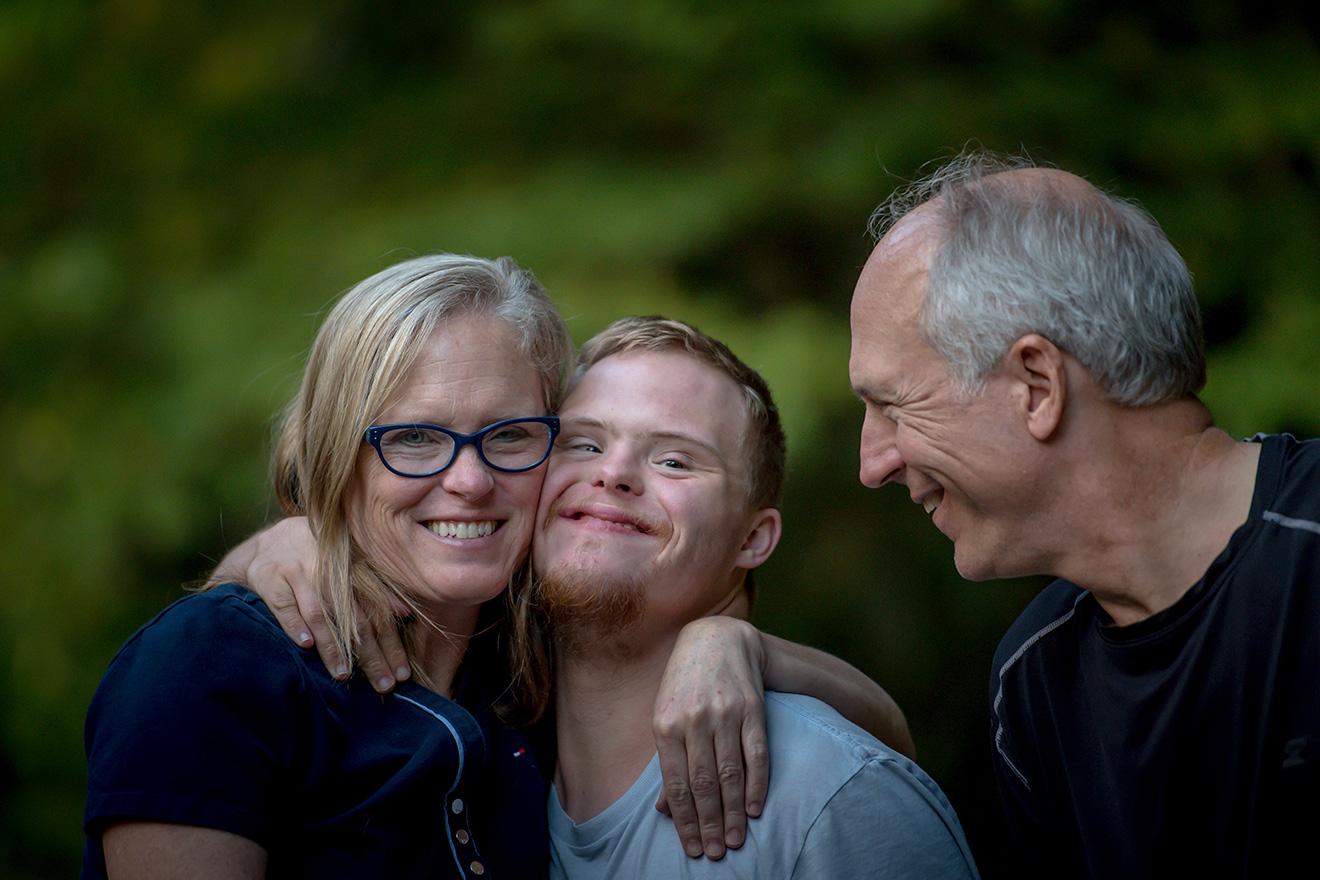
The OhioKAN program model core components are the essential program elements, functions, and associated activities. The core components are the features that describe an effective OhioKAN program and highlight the key fidelity requirements necessary to produce the desired outcomes for Kinship and Adoptive families.
Target Population
- Both formal and informal kinship caregivers and adoptive parents inclusive of public or private and domestic or international adoptions.
Voluntary Program
- Available to families as many times as they need until the child reaches adulthood
- Dosage and intensity determined in partnership with families based on their needs and desires
Theory of change and programmatic activities to address both family level and community level impact
- Local staff leadership and administrative roles to support community and system level capacity building
- Coaching to support navigation staff in providing direct services to families
Meaningful partnerships with community representatives with an emphasis on individuals with lived experience and direct practice experts
- Multiple formal opportunities for individuals with lived experience and direct practice experts to inform and engage in decision-making about program implementation and community capacity building efforts
- Formalized councils with local community representatives to build community capacity and foster awareness of best practices in serving kinship and adoptive families
- Intentional engagement with lived experience members who are diverse and representative of the community, including families of color, LGBTQ+ families, and people with disabilities
Partnerships with public agencies and community organizations
- Relationships with local child protective service agencies that are designed to support system involved families reduce entry or re-entry into the formal child-welfare system
- Partnerships with local service providers, community-based organizations, and community stakeholders to facilitate access to services, build community capacity, and prevent duplication of services
- Formalized councils with representatives from diverse multi-disciplinary child and family serving organizations serving diverse communities
- Intentional feedback loops with partnering sites, public agencies and programs, and local child and family serving organizations to ensure program implementation is responsive to the unique needs of kinship and adoptive families in the local context
Tri-level Continuum of Services
Included in the core components is the tri-level continuum of services provided to families. At the Inform Service Level families can access the public website with resources, events and content curated for kinship and adoptive families. The Connect Service Level includes navigation and family referral to programs and services. The Collaborate Service Level is individual advocacy for families seeking more engagement and support. Services are additive, so families receiving Collaborate Service Levels also receive all the services at the Inform and Connect Service Levels.
Staff are trained in and apply the following practices at the Connect and Collaborate Service Levels:
- Use of motivational interviewing best practices
- Strengths-based approach
- Trauma-responsive engagement skills
- Grounded in principles of inclusion, diversity, equity, and access
- Culturally responsive and identity-affirming engagement
| Inform
Publicly available statewide and local resources |
Publicly available website with resources, events, and content, curated for kinship and adoptive families |
| Connect
Navigation and family referral to programs and services |
Universal standard needs assessment relying on parent or caregiver's self-reported needs, grounded in the value that “we believe families”, and conducted in a semi-structured conversational style Individualized referrals to available local and statewide services and programs Follow-up to ensure connection to referrals and address any barriers or additional needs |
| Collaborate
Individual advocacy for families seeking more engagement |
Individualized Support Planning that is family driven and includes opportunity for youth voice Warm transfers directly connecting parents and caregivers with referrals Concrete supports including flexible funding to offer families direct financial support and provision of hard goods to meet families’ needs Benefits coordination including information and individualized support for families applying to or appealing to state benefits programs. This work is supported by intentional partnerships with entities administering state benefits programs. In-person services available to facilitate access |
"The core components are the features that describe an effective OhioKAN program and highlight the key fidelity requirements necessary to produce the desired outcomes for Kinship and Adoptive families."


